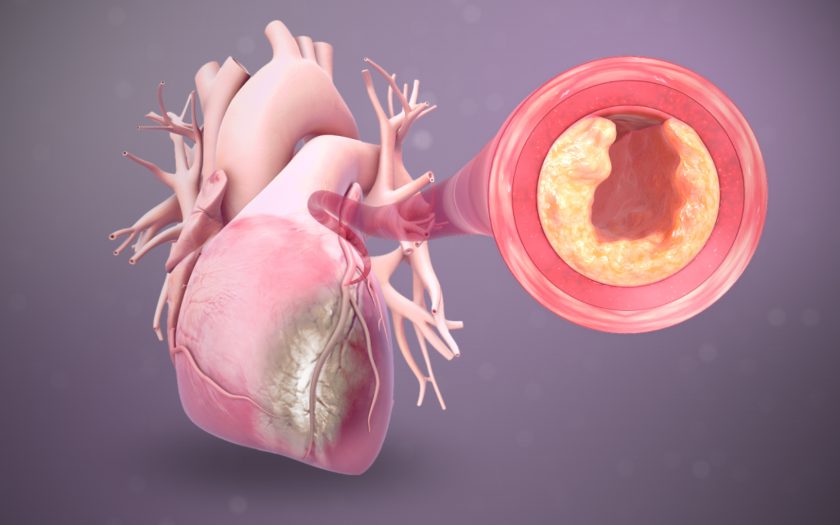-
Sleep.
You need to sleep at night for at least 8 hours, and ventilate the room before going to bed. It is useful to sleep a couple of hours after lunch or before dinner. It is not recommended to sleep immediately after eating.
-
Daily morning workout.
Gymnastics helps the body after a night’s rest to start active activities and has a tonic effect. Before exercising, you need to go to the toilet. The set of exercises is selected individually by the doctor and, as a rule, involves several exercises.
-
Diet.
Meals should be taken at a certain time 5 times a day in small portions with an interval of 3 hours. Dinner should be no later than 3 hours before bedtime.
After a heart attack, it is recommended to reduce calories, balance the ratio of proteins, carbohydrates and especially fats, reduce the amount of food, limit salt and fluid.
It is necessary to exclude from the diet foods that adversely affect the nervous system and cardiovascular system: meat broth, fish broth, snacks and condiments, spices, strong tea and coffee, alcohol, canned food, ice cream, chocolate. You should also exclude indigestible foods that cause fermentation in the intestines and increase blood clotting.
Potassium-rich foods that have a beneficial effect in the treatment of cardiac arrhythmias are recommended. It is also recommended to include in the diet foods rich in lipotropic substances (choline, methionine, lecithin, etc.) and gently stimulate intestinal motility.
The menu should include vegetable soups, kefir, low-fat cheese, eggs, low-fat fish, boiled chicken, boiled potatoes, oatmeal and buckwheat porridge, fruits and berries. Replace animal fats with vegetable oil 30-40 g per day.
-
Physical activity.
Walking is a great way to strengthen and train the heart muscle. It has been proven that walking in the fresh air has a beneficial effect on the cardiac cycle, as well as improves breathing and increases metabolism in the body.
The best effect is walking on the plain for 4-5 km at a pace of 70-80 steps per minute. Accelerating the pace of walking, as well as reducing the distance, leads to a less favorable result. Physical activity should not be prolonged and performed at a leisurely pace with breaks for rest.
-
Mental comfort.
It is necessary to exclude factors that traumatize the psyche, contribute to stress, anxiety and insecurity caused by the disease. Relatives of the patient play an important role in this. For successful recovery it is necessary to gradually restore social activity, lead a normal and full life.
-
Medications.
People who have had a myocardial infarction are often diagnosed with atherosclerosis, high blood pressure or other chronic conditions. In this case, it is necessary to take regular medication (for example, with high cholesterol – Atorlip or Lipicard), because otherwise the risk of heart attack or stroke increases significantly.

